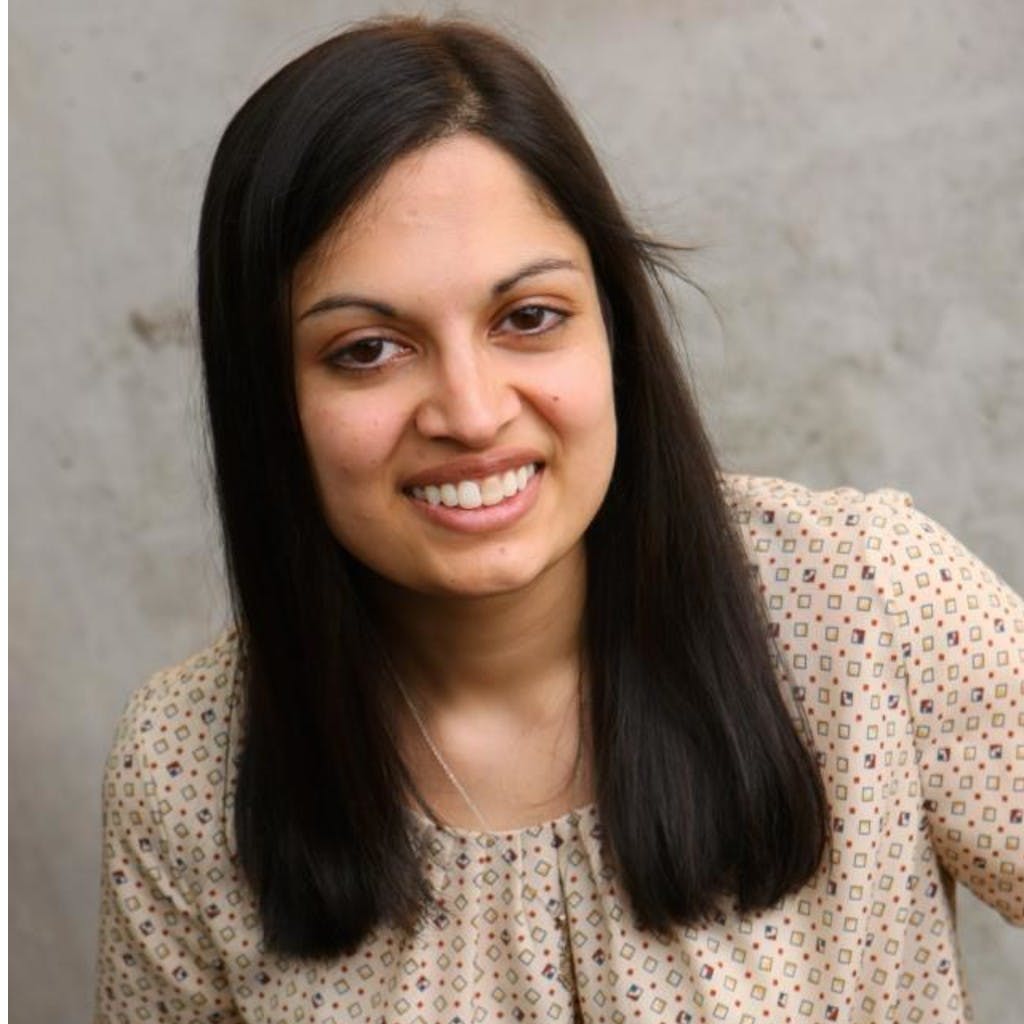Author spotlight: William Kowalski
Between now and our awards ceremony on September 20th, we will be featuring the shortlisted authors for the 2014 East Coast Literary Awards.
This week, we feature William Kowalski, author of The Hundred Hearts. His novel is shortlisted for the Thomas Raddall Atlantic Fiction Award.
BIOGRAPHY
William Kowalski is the winner of the 2001 Ama-Boeke Award (South Africa) and was shortlisted for the Ontario Library Association’s Golden Oak Award. He is the author of four novels, including Eddie’s Bastard. His work has appeared on numerous international bestseller lists and has been translated into fifteen languages. He lives in Nova Scotia.
Describe your ideal writing space.
I’m lucky enough to be able to say that my ideal writing space is also my actual writing space. When we bought our house in Mahone Bay in 2002, there was a very nice tool shed already in place. It’s really more like a small house. I remodeled it and have been using it as a writing studio for several years. There is very little I can think of that should improved. I can think of plenty of things I’d like to add, such as a nice couch, plumbing, and possibly a small kitchen, but those would all be distractions.
I wrote a piece about my shed for my friend the poet Liz Ahl’s blog: http://lizahl.wordpress.com/tag/william-kowalski/
Tell us a bit about your process. Do you work in snippets or do you have a full draft? Are you a planner or do you feel your way through? Pencil, pen, typewriter, computer?
I am a discovery writer, though I’ve tried to force myself to become a planning writer. Many times, I’ve outlined a book, only to pitch the whole thing as I work on it and discover what it’s really about. The Hundred Hearts was this way.
Give us the ‘elevator pitch’ of your book.
A young army veteran of Afghanistan struggles to adapt to his severe physical and emotional injuries years after returning home.
What was the biggest difference between your first draft and last?
The narrator. In the first draft, the story was told in the first-person voice of Henry, an eighteen-year-old boy with moderate brain damage. In the final draft, it was told in the third person, mostly from the point of view Jeremy, Henry’s cousin and a 25-year-old army veteran.
Do you feel public readings help writers develop their craft? Or are readings simply part of the business of being a writer?
Bringing a book out into the public eye is always a strange feeling. I don’t know how many readings I’ve given in the past 15 years, but at every single one, I’ve always had the sense that it’s only when I’m standing up in front of an audience and reading aloud that I understand how the world sees my work. It’s really unnerving, because writing is such an intensely personal thing in the beginning. I’m always shocked by people’s reactions, no matter what they are. I appreciate it when they laugh at the funny parts and cry at the sad parts. What really freaks me out is when they laugh at parts I never thought were funny. I always come away feeling like there is this huge gap between the way I see my work and the way the world sees it. I guess this is helpful to my craft, in the same way swimming in an icy lake in February is helpful. It builds character.
Many writers have other roles, such as instructors, mentors, editors, cultural workers, publishers. What other roles, if any, keep you busy and do you view them as supportive of your work as a writer?
I teach underemployed, unemployed, and undereducated adults who have decided they would like to upgrade their skills and enhance their employability. I’m also a father and husband. These roles are hugely instructive, because they are what gives my life its real meaning. I used to think that writing was my life, but now I understand it’s just a reflection of it.
Your thoughts on Twitter (in 140 characters or less.)
It’s like a constant stream of telegrams from everyone. Who reads it? I dunno. Not me.
What are you currently working on?
I’m working on three books at the moment—a non-fiction book about writing, a novel, and another non-fiction book that I can’t say anything about yet.
What book out there do you wish you had written?
The Bible. Imagine what that royalty statement would look like.
Who is your biggest cheerleader?
My wife, and my daughters.
The winner of the Thomas Raddall Atlantic Fiction Award will be announced in Halifax on September 20, 2014.
William Kowalski’s novel, The Hundred Hearts can be purchased from your local independent bookseller.
Author spotlight: William Kowalski Read More »



